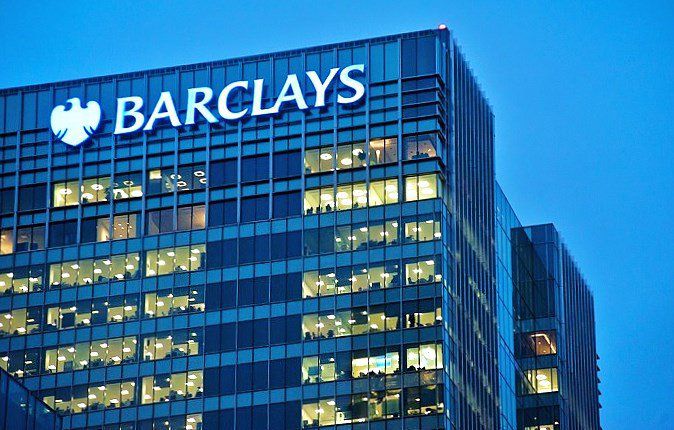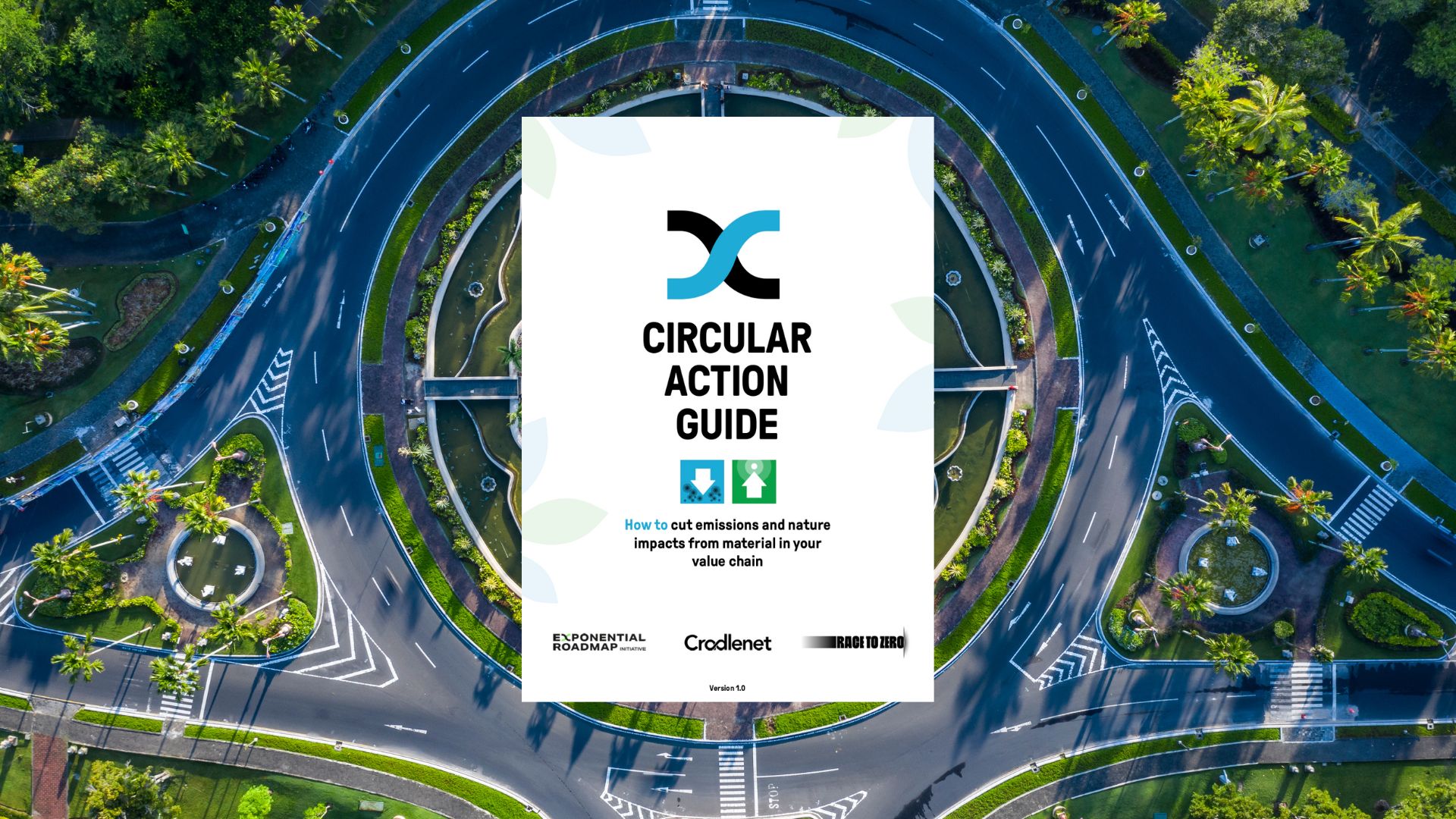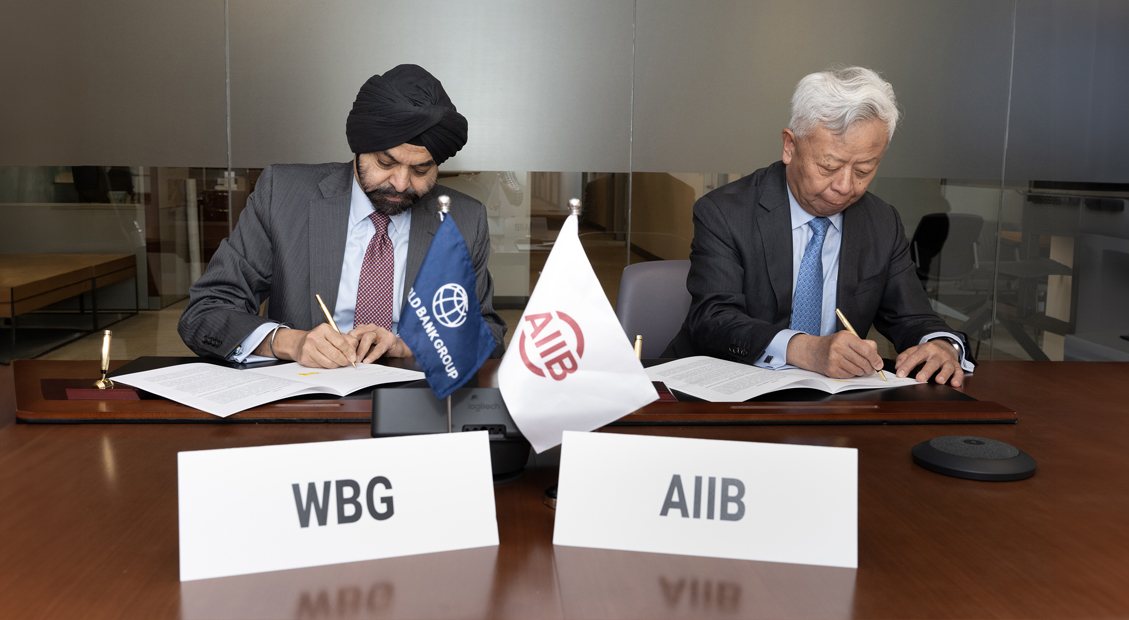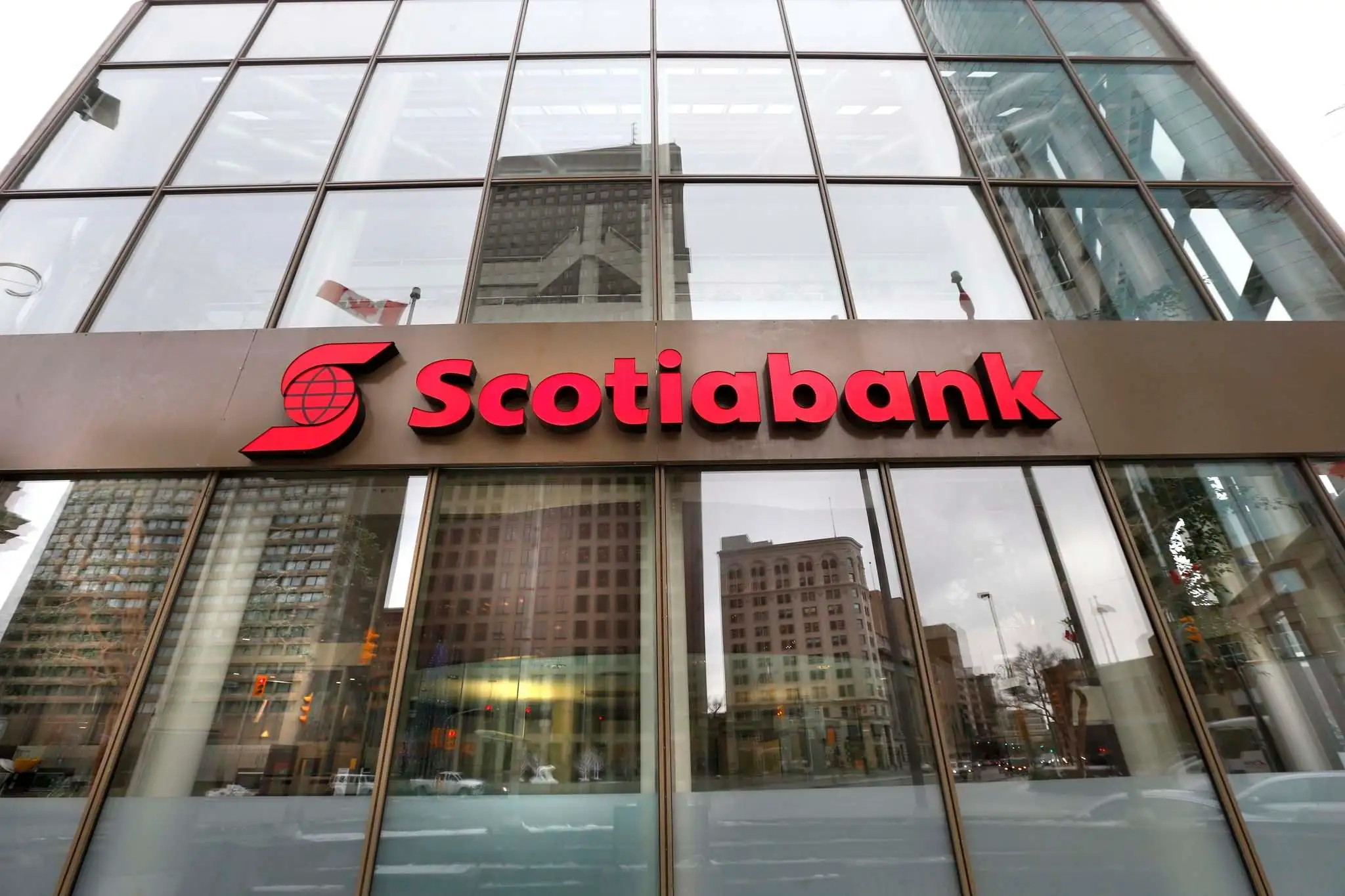Barclays Steers Ultra-Rich Clients Toward New ESG Entrepreneurs

- Wealthy increasingly looking beyond wind, solar and EVs
- Energy storage technologies among areas drawing interest
High net-worth clients at Barclays Plc are being steered toward sustainable investment products that tap into a new class of ESG entrepreneur.
Wind, solar and electric vehicles aren’t enough to generate the kinds of returns that Barclays private bank wants to offer its environmental, social and governance investment clients. Instead, “it’s the second order of ideas that are of interest,” said Damian Payiatakis, who leads a team advising individuals, families and charities, as well as private and public market specialists on ethical and sustainable investing.
In practice, that means tapping the “new entrepreneurs seeking to use different techniques” to address climate change and social issues, he said in an interview.
The strategy, which targets technologies that support things like energy storage and food waste reduction, comes as some analyses suggest these corners of ESG might outperform more traditional areas. That’s as the S&P Global Clean Energy Index has lost about 12% this year. Meanwhile, Bloomberg Intelligence says the “underinvested global water sector” is poised for “robust” investment.
Looking to ESG entrepreneurs is an idea that’s already been touted by some of the world’s best-known investors. Larry Fink, the chief executive of BlackRock Inc., predicted in his annual letter that the next 1,000 unicorns will be “sustainable, scalable innovators – startups that help the world decarbonize.”
Barclays’ strategy involves finding “a large social or environmental problem that has a commercial solution,” and if there are “new approaches being launched, let’s find the ventures that have them,” Payiatakis said. He says that often entails catching businesses in their infancy, when private capital is more accessible than public markets.
Areas that look underinvested include technologies harnessing the potential of the planet’s oceans and managing its ecosystems, Payiatakis said. Barclays is also looking at sustainable fishing and supply-chain data-tracking services that can expose a company’s reliance on forced labor, for example. And satellite monitoring of agricultural production is another target, given that change of land use is “one of the bigger contributors to climate change.”
“Investors can look to identify the essential parts with a supply chain or value-chain needed for the wider system,” Payiatakis said. “They may not be as immediately visible, or even as exciting, but the ability to generate financial value and impact is disproportionate.”
Source: Bloomberg










